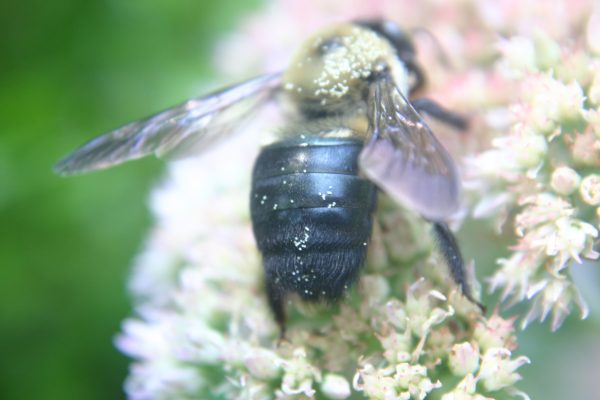Whale – Not Good to Eat
I build my reputation on research-based advice received from recognized experts. Sometimes, though, those experts are moved to comment on matters that don’t quite fit into anyone’s purview.
Dr. Paul Guillebeau edits and distributes a monthly pesticide newsletter. It is full of good, scientific information. However, when Paul saw a certain news article, he was motivated to offer extemporaneous comments:
“Although not a pesticide story, here is some sound advice. During July 13-15, 2002, residents of a western Alaska village on the Bering Sea shore decided to eat a beluga whale that had been dead for at least several weeks. About half the participants were later diagnosed with food-borne botulism. Fortunately, none of the patients died. The Alaska Division of Public Health advises people to avoid eating beached marine mammal carcasses. (Environmental Toxicology Newsletter, 1-03)
“Let this story be a lesson to us all. Even if you are excited about finding a dead whale on the beach, it is not time for a whale sandwich. I realize that July is chilly along the Bering Sea, but almost nothing could persuade me to eat part of a beached animal that had been dead for several weeks or more. As a general rule, I do not even eat whale meat that I have kept in the refrigerator for more than about a week.”

















